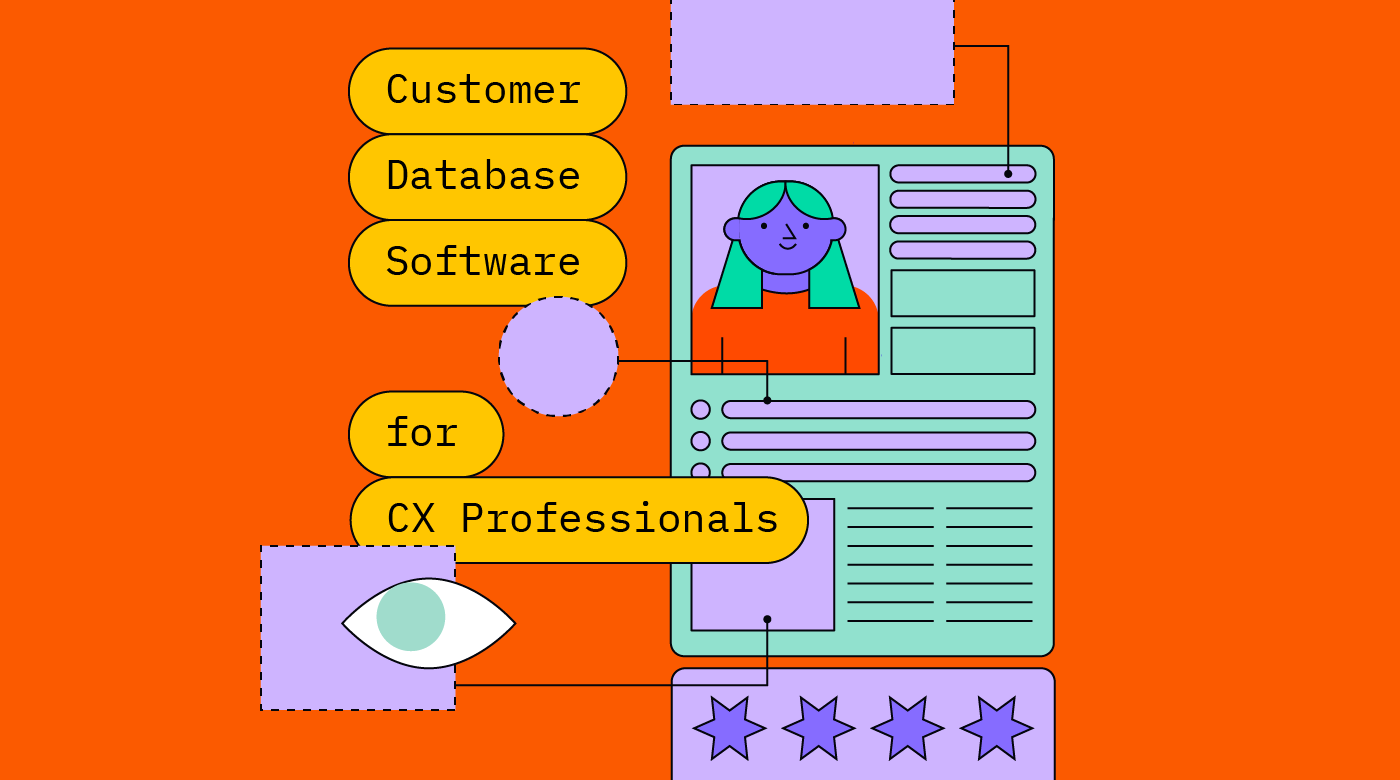Cloud database services play a crucial role in enhancing scalability and accessibility for businesses and organizations. These services leverage the cloud infrastructure to provide efficient storage, retrieval, and management of data. Here are several ways in which cloud database services contribute to scalability and accessibility:
- Scalability:
a. Vertical Scalability: – Cloud database services offer vertical scalability, allowing businesses to increase the computing power and resources of their databases easily. This is particularly beneficial when there’s a need to handle increased workloads or accommodate growing data volumes.
b. Horizontal Scalability: – Many cloud database services support horizontal scalability by enabling the distribution of data across multiple servers or nodes. This helps in handling increased traffic and achieving better performance.
c. On-Demand Resources: – Cloud databases provide the flexibility to scale resources up or down based on demand. Organizations can allocate additional resources during peak times and scale down during periods of lower activity, optimizing costs.
- Accessibility:
a. Global Availability: – Cloud database services often operate across multiple data centers located in different geographical regions. This ensures global availability and improved accessibility for users regardless of their location.
b. Data Replication: – Cloud databases typically offer data replication features that allow data to be duplicated and stored in multiple locations. This ensures data availability even in the case of a hardware failure or other unforeseen issues.
c. Load Balancing: – Cloud database services can distribute workloads across multiple servers or instances, ensuring that no single server is overwhelmed. Load balancing enhances performance and ensures consistent access to the database.
- Cost-Efficiency:
a. Pay-as-You-Go Model: – Cloud database services often operate on a pay-as-you-go pricing model, allowing organizations to pay only for the resources they use. This cost-efficiency is particularly advantageous for small and medium-sized enterprises with fluctuating workloads.
b. Managed Services: – Many cloud providers offer fully managed database services, reducing the need for organizations to invest in and maintain their own infrastructure. This not only saves costs but also allows teams to focus on application development rather than database administration.
- Security:
a. Built-In Security Features: – Cloud database services typically come with built-in security features such as encryption, access controls, and regular security updates. This enhances data protection and mitigates potential security risks.
b. Compliance Standards: – Cloud providers often adhere to industry-specific compliance standards and certifications. This ensures that organizations can maintain regulatory compliance when storing and processing sensitive data.
- Collaboration and Integration:
a. APIs and Integration: – Cloud database services often provide APIs that facilitate seamless integration with other cloud services, applications, and third-party tools. This enables better collaboration and interoperability within the organization’s ecosystem.
b. Real-Time Collaboration: – With the ability to access and update data in real-time from anywhere, cloud databases promote collaborative work environments. Multiple users can work simultaneously on the same dataset without conflicts, enhancing productivity.
In conclusion, cloud database services offer a powerful solution for organizations seeking to enhance scalability and accessibility. By leveraging the benefits of the cloud, businesses can efficiently manage their data, ensure global availability, and achieve cost-effective and secure database operations.








